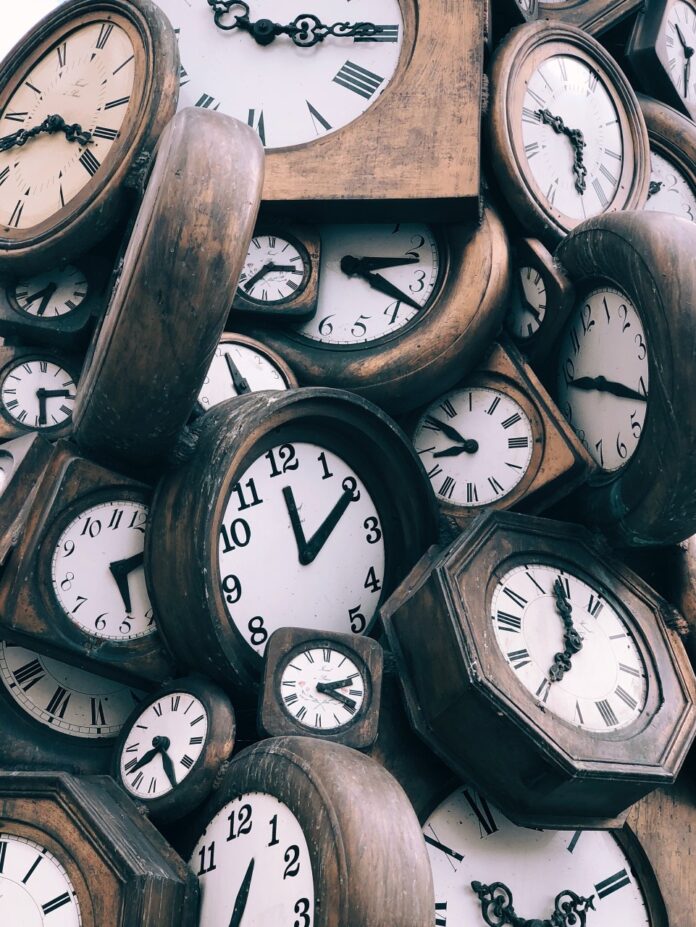My Take On ‘Diets’
As a general rule, I try to avoid fad diets and quick fixes. With my sulfite sensitivity, my diet already has a lot of constraints. About 12 years ago, my fertility specialist put me on the South Beach Diet and I’ve essentially followed, it to some extent, since. Of course, just like many others, I am curious about trending diets. One of the more popular trends right now is Intermittent Fasting. I do think Intermittent Fasting more of an eating pattern than a diet.
For years, I’ve been the type of person who ‘needs’ to eat every 3 – 4 hours. I definitely get ‘hangry’ and find my energy level, mood and productivity are better if I eat regularly. Recently I started to wonder if Intermittent Fasting may have some benefits from a blood sugar perspective and maybe even for my chronic gastritis since it would encourage me not to eat late. On the other hand, long periods of fasting can exacerbate gastritis as acid in the stomach accumulates without food to digest. So, I was definitely curious.
Why Try Intermittent Fasting
Supposed health benefits of Intermittent Fasting have been described as lowering insulin levels, repair of cell damage, change in the function of genes and body fat loss. If this is true, then IF should lead to weight loss, better controlled sugar levels and even possibly reduced inflammation (read lower risk of cancer, heart disease and much more). The level of support for these claims varies depending on what source you read. I’ve read a lot on this and while I think it may be beneficial for certain reasons yet it can have pitfalls if taken to the extremes, just like any fad.
The Case Against Intermittent Fasting
Some of my concerns include the material I have read about include issues with fertility for women, interference with thyroid health , difficulty managing medications (some need to be taken with food), risk of hypoglycemia (low blood sugar) and elevated cortisol levels. I also worry about exacerbations of eating disorders and electrolyte and nutrient deficiencies.
Intermittent Fasting Cycles
Popular intermittent fasting cycles include 16:8, 5:2, Eat Stop Eat and Alternate Day fasting and more. The least aggressive being the 16:8. Which I think can easily be done by eating dinner early and then avoiding late night snacks.
During fasting cycles, consuming water to stay hydrated is extremely important. Most Intermittent Fasting guides also approve black coffee, green tea and other teas during the fasting cycle. Generally speaking, consuming less than 20 calories keeps you in the fasting cycle.
Intermittent Fasting And Me
At some point, as my 40th birthday passed, having had my third kid, and my fluctuating thyroid issues, I was looking for healthy ways to build muscle back and lose some fat to control my PCOS. I knew I wouldn’t do anything drastic and eating the South beach Diet, alone, just didn’t seem to be enough any more. Maybe I was just bored with South Beach but I wanted to try something new. Trying Intermittent Fasting was a gradual move for me. I used to ‘need’ to eat as soon as I woke up but once I started taking Levothyroxine, I had to learn to wait for an hour before I could and eat (even Coffee!!!). Once I had accomplished this seemingly impossible task, I decided to try the next step.
I have a habit of going to bed late and oftentimes I would find myself starving before bed. While eating a healthy snack before bed is not necessarily unhealthy, I knew it wasn’t good for my Acid reflux or blood sugar. So, I started skipping that late night snack and low and behold, I survived! Next, I decided to delay breakfast so that I didn’t need a snack between breakfast and lunch.
Where I Am Now In My Intermittent Fasting Journey
At this point I essentially do a 14:10 pattern. Beyond this, I just don’t feel great. Also, beyond this, my stomach starts growling which isn’t a great look for me when I’m examining patients in an otherwise quiet exam room.
Interestingly, the one thing that feels really great when I’m fasting is my stomach. With my sulfite sensitivity, reflux, leaky gut, intermittent gastroparesis, I think my stomach feels like it’s getting a break when I’m not eating. It’s the only time during the day that I feel absolutely no pain or bloating.
My Future With Intermittent Fasting
I don’t think I will extend my fasting periods beyond 16 hours because of thyroid concerns and I just personally don’t think our bodies are meant to go very extended periods of time without food. Also, for my mood, I’m nicer when I eat. I’ll keep reading, but so far, I haven’t read enough to convince me. I know that many swear upon it. Many have had amazing results and feel great on longer Intermittent Fasting cycles. To explain the vast difference in results, we need to remember that being healthy looks different for different people. We all have different goals.
Always Leave Room For Life To Happen
Just like any eating pattern I follow, I allow myself to be flexible. If I’m not feeling well, I’ll eat smaller frequent meals. On the weekends, I may eater sooner than normal so that I can enjoy breakfast with the kids. Occasionally I might indulge in a late night small bowl of ice cream. If I feel my dinner was too light or if I had a particularly difficult work out, I might have a healthy late night snack. In addition, while eating out is on hold due to Covid, I would’t pass up on a nice dinner out just because I am in my fasting period.
Just with anything we do for our health, we need to consider our over all health. We should leave room for the unexpected in life. Enjoying life is a huge part of our mental health and overly tight restraints can impact our overall wellbeing.
One other word of caution, it is always a good idea to discuss any diet you’re interested in with your doctor. Chronic health conditions, medications, family history and labwork can all impact the effectiveness and safety of a diet.




